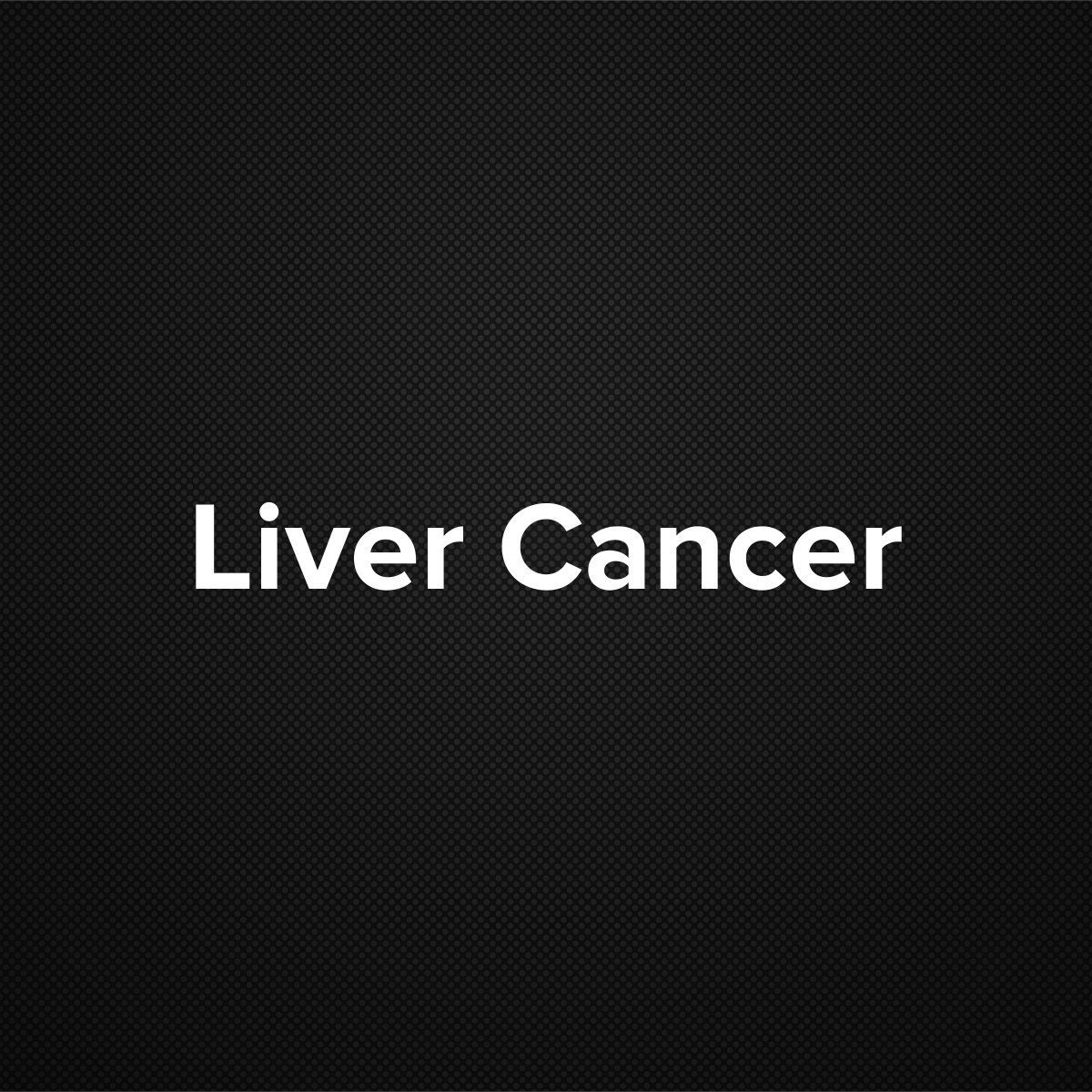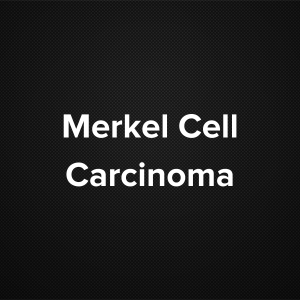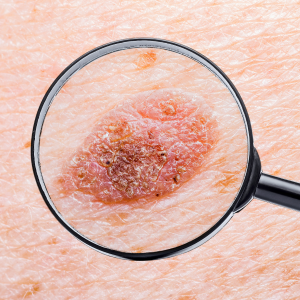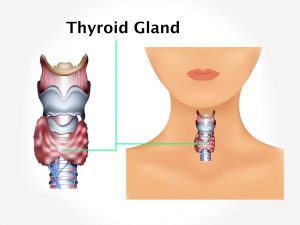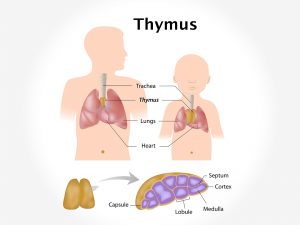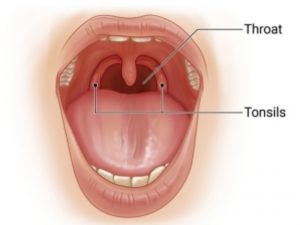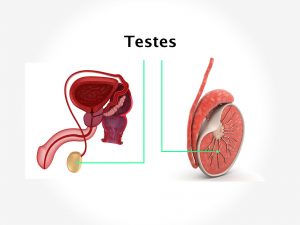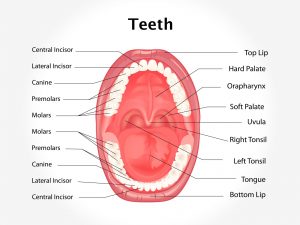Causes and risk factors
The exact cause of cancer is not known, but various risk factors or predisposing factors have been put forth. It is found that the cells undergo an uncontrolled and abnormal proliferation which gives rise to formation of tumors. Genetic predisposition is one of the major causes. Hereditary plays a major role. People with weak immune system are more prone for cancer. Various liver affections pose risk factors for development of cancer. Viral hepatitis of any type specially chronic carriers of hepatitis B and C affected people are more prone to develop primary liver cancers in late stages. Cirrhosis of liver where the liver cells are damaged and are replaced by the scar tissues increases the risk for liver cancer. Alcohol abuse, tobacco and obesity are the other important predisposing factors for cancer. Certain inherited metabolic diseases can also lead to liver cancer, the common among them are Hereditary Hemochromatosis, Wilsons diseases Glycogen storage diseases, Diabetes mellitus etc. Parasitic infection (schistosomiasis) and chronic viral Hepatitis damages the liver and increases a risk for liver cancer. Secondary affection of liver i.e. metastasis from cancer present elsewhere in the body can also occur.
Clinical presentation:
Liver cancer is of two types primary and secondary. Primary liver cancer is the one where the cancer starts in the liver cells itself and Secondary liver cancer is one where the liver is affected due to metastasis. In majority of the cases the patient remains asymptomatic in the initial phases. AS the pathology advances various symptoms can be seen. The patient usually comes up with a complaint of pain in abdomen, nausea and severe vomiting, jaundice. On examination yellowish discoloration of the sclera is seen (Jaundice), palpation of the abdomen reveals tenderness and feeling of lump (may be) in abdomen. Weight loss, fatigue, loss of appetite is the other associated symptoms seen.
Investigations:
Diagnosis is done on the basis of symptoms narrated by the patient and the examination carried out by the doctor. Palpation of the abdomen, examination of the lymph nodes and examination of the sclera for sign of jaundice is done .Certain investigations like routine blood test, Blood markers for cancer AFP. Ultrasound scanning of the abdomen and pelvis and CT scans of abdomen are firstly advised. On detection of any abnormalities in the liver biopsy is recommended. A complete scan (PET scan) of the body along with other investigations can also be recommended for metastasis.
Treatment:
Depending upon the extend and stages of cancer the treatment is planned. Various surgical approaches can be adopted. Depending upon the extent of the cancer. Partial hepatectomy or liver transplant can be done. Radiation therapy is used. Targeted chemotherapy and immunotherapy agents are administered. However inspite of the best of treatments prognosis is to be monitored over a period of time
Recent update:
Researchers are going on for looking for causes and ways to prevent liver cancer, and doctors are working to improve treatments.
A newer approach to treatment is the use of a virus, known as JX-594.
